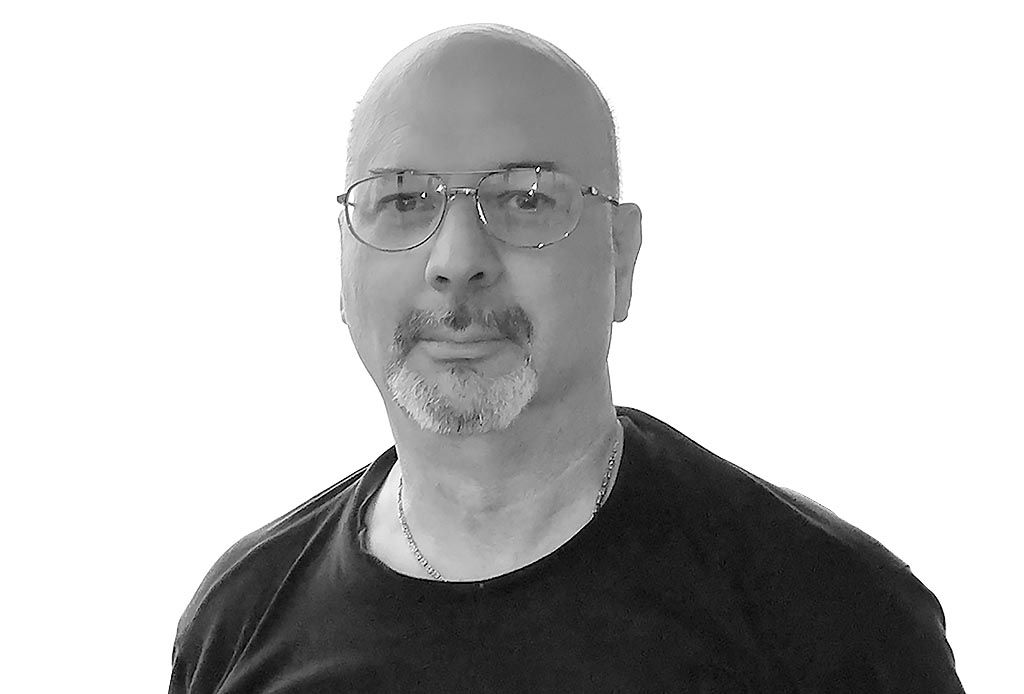By Michael P. Tremoglie
Religion has always played a role in the development of mankind. From its earliest existence to the present.
One of the most sacred moments of a British monarch’s coronation is the unction -the anointing of the new monarch with consecrated oil. It is a symbol of how a religion intertwines with government.
Eighteenth century Swiss political philosopher Jean Jacques Rousseau affirmed the necessity of religion in society. Despite his lack of religiosity he maintained religions significance.
So important was religion to America’s Founding Fathers that the first clause of the First Amendment to the United States Constitution declares: “ Congress shall make no law respecting an establishment of religion, or prohibiting the free exercise thereof.”
President Roosevelt’s 1941 annual message to Congress by the President, known as the State of the Union, mentioned the Four Freedoms. Among these was the Freedom of Worship.
These are just some examples illustrating that religion is an integral part of a republican government. Indeed, despite claims by some that there must be a chasm between the state and religion, there has always been a relationship between the two – even when governments tried to suppress religion as in communist and fascist states.
Why is this?
I asked clerics, theologians and political philosophers to shed some light on this question. Their comments follow:
Father Michael Orsi, is a member of The Institute for Genomic Research at the University of Pennsylvania. He holds a Doctorate in Education from Fordham University, NY, USA. He is a member of the Fellowship of Catholic Scholars. When asked this question he mentioned the newly established republics in the Baltic and Eastern Europe, such as Slovenia.
“Organized religion can help lay the foundation for a virtuous society based on divine law as expressed in the natural law. It will promote respect for human life and rights guaranteed by the Creator which will be reflected in the nation’s laws,” he opined.
“The newly established republics in the Baltic and Eastern Europe should encourage religions to evangelize the people of their countries,” Orsi continued. “It is essential that freedom be given to all faiths and that tax exemptions be offered for churches, synagogues, and madrassas.”
Father Orsi pointed out the bridge that religion forms between generations in a society. “Cultural genetics is especially present in religion,” he said. “That’s why religion is so vital to rebuilding a nation. It will encourage mutual respect, encourage a higher personal standard of behavior and sometimes altruism for the good of the state.”
He also mentioned that communism is inimical to religion since religion intrinsically proclaims values that are not created by the totalitarian state. A free people there must answer to a higher authority to whom the state is accountable.
Rev. Robert A. Sirico is president emeritus and the co-founder of the Acton Institute a think tank in Michigan that promotes a society characterized by individual liberty and religious principles.
“The appeal to transcendent claims of priority reminds whatever regime in power that there is a law higher than that of the State,” asserted Father Sirico. “By definition, then, religion limits the power of government to rule people. When the Church resists corruption by the State (which, admittedly, it has not always done), it provides an alternative institution within society whereby people can obtain aid or engage in discourse and the multitude of other factors that make to a decentralized, free and prosperous community.”
Sirico noted that historically, “at least in the West, religion has contributed to the codification of the rule of law, another essential element is pacifistic and just social relations.”
Ronald Rychlak is a law professor at the University of Mississippi and an advisor to the Holy See’s delegation to the United Nations. He responded by quoting John Adams and James Madison, two of America’s presidents and Founding Fathers, about the role of religion.
Rychlak recalled that Adams said, “Our Constitution was made only for a moral and religious people. It is wholly inadequate to the government of any other.”
Madison noted our Constitution requires, “…sufficient virtue among men for self-government,” otherwise, “nothing less than the chains of despotism can restrain them from destroying and devouring one another.”’
Both men were expressing a shared moral viewpoint—a set of truths that not only permits, but actually requires people of good faith to support republican institutions that assure opportunity and fair treatment for all.
As I mentioned at the beginning of this essay, religion has always played an essential role in human history. This role is even greater when humans organize societies and establish governments. But the role of religion is absolutely vital for the creation and maintenance of republics. Because religion provides a foundation for a community of moral restraint.
Even atheists recognize the need for religious liberty in a state. They would be foolish not to do so.

